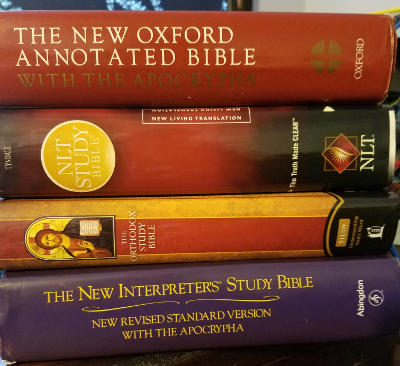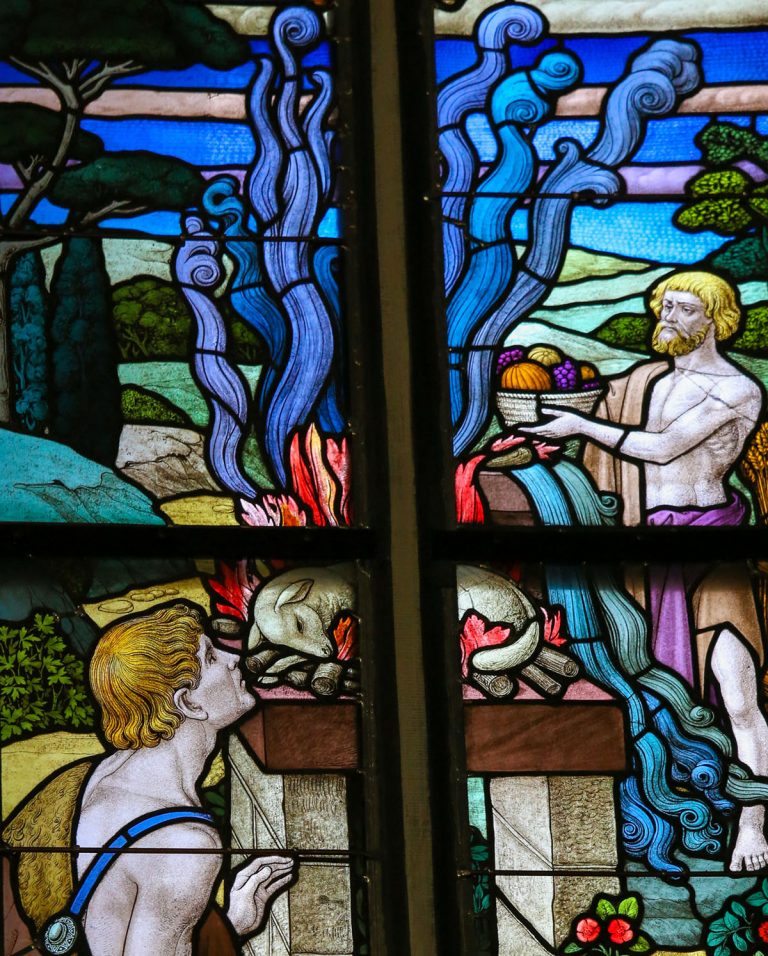The Critical Need for Transformative Bible Study
I know relatively few people who will not complain from time to time about proof-texting. At the same time, I know equally few people who don’t prefer to be able to pull out a single line from scripture that makes their point. If you just have chapter and verse, then you can be scriptural. A number of current debates rely on trying to wave the banner of a particular scripture at opponents.
We tend—and I include myself in this—to search the scriptures for the answers to doctrinal, social, or political questions, and hope to have as an outcome a simple text or set of texts that will leave our opponents reeling. Most of us a realistic enough to realize that we won’t convince them that easily. They’ll reel off to some place where they can find more congenial company. There are those who seem to think that if you don’t join the chorus, it’s because you don’t really care about the issue or the people involved. The volume and persistence of your contribution is seen as a measure of your commitment.
While I’m as tempted by all this as the next person, I am unconvinced that any of this type of exchange (I cannot call it discussion) actually accomplishes anything useful. What we need, instead, is transformative Bible study.
Transformative Bible study occurs when we (or I) study the Bible in order to behold and be changed (2 Corinthians 3:18).
I do not mean that we do not study Bible in community. The church, from small groups to congregations to denominations, and to the Body of Christ universal, needs to study to be changed.
I do not mean that others do not need to change. There are many people who, I’m quite convinced, are behaving in ways they ought not to behave.
I do not mean that the formulation of doctrine is not important. I am a member of a congregation in a denomination that I believe has great difficulty defining doctrinal boundaries that are sufficient to maintain a cohesive community.
I do not even mean that we don’t need to do some doctrinal enforcement. Saying that one is a member of a group has to mean something. There is a need for some identity.
I also don’t mean that we can’t suggest ideas or even correct others, though we should be equally willing to hear. Such exchanges require some level of relationship, however.
But I think the best way to lead in a better direction is to always read the Bible with a focus first on its changing me. In community, that should be with a view to changing us.
We want to change others because we are certain they are wrong. It is frightening simply to trust that if we can help give people a glimpse of Jesus, and then trust God and the Holy Spirit to implement change. We’re no longer in control. I would point out that we are not in control in any case. All the loud yelling is not actually changing people’s minds.
I’m suggesting a meditative study, open to the leading of the Holy Spirit, and carried out with a willingness to make changes. It’s a matter of example.
I hope you’ll think about it. I plan to!





